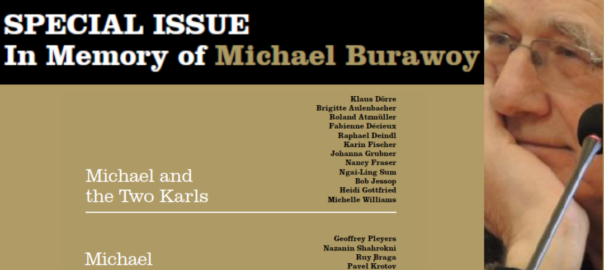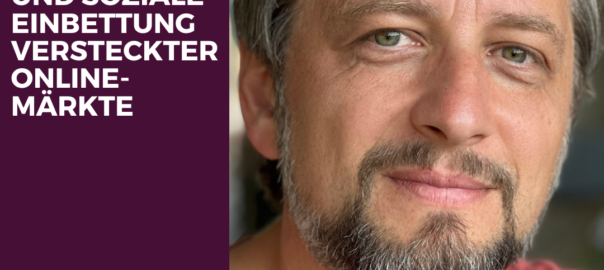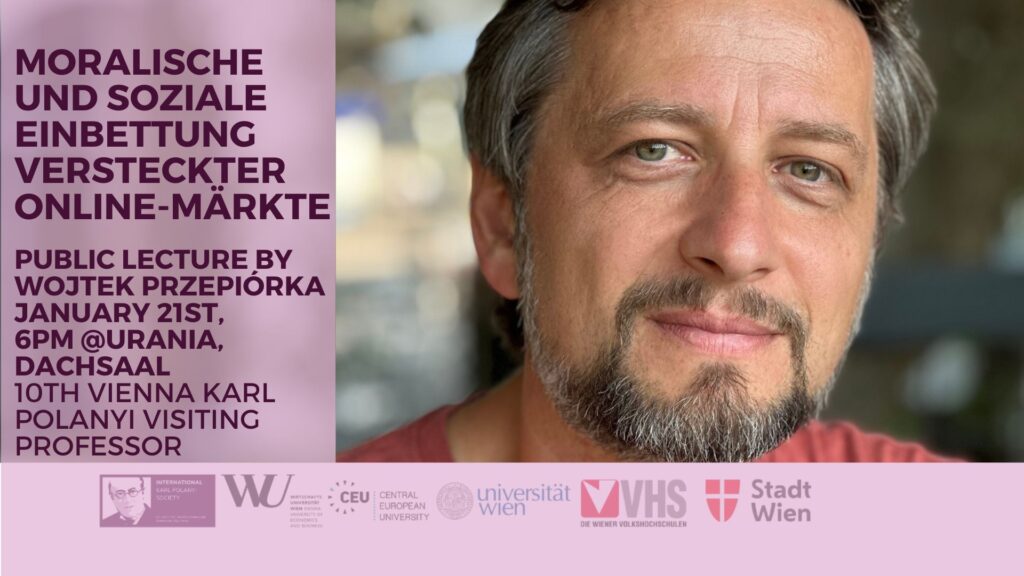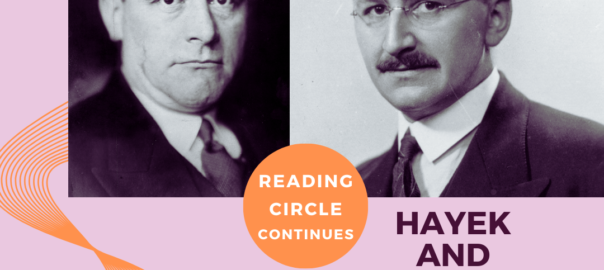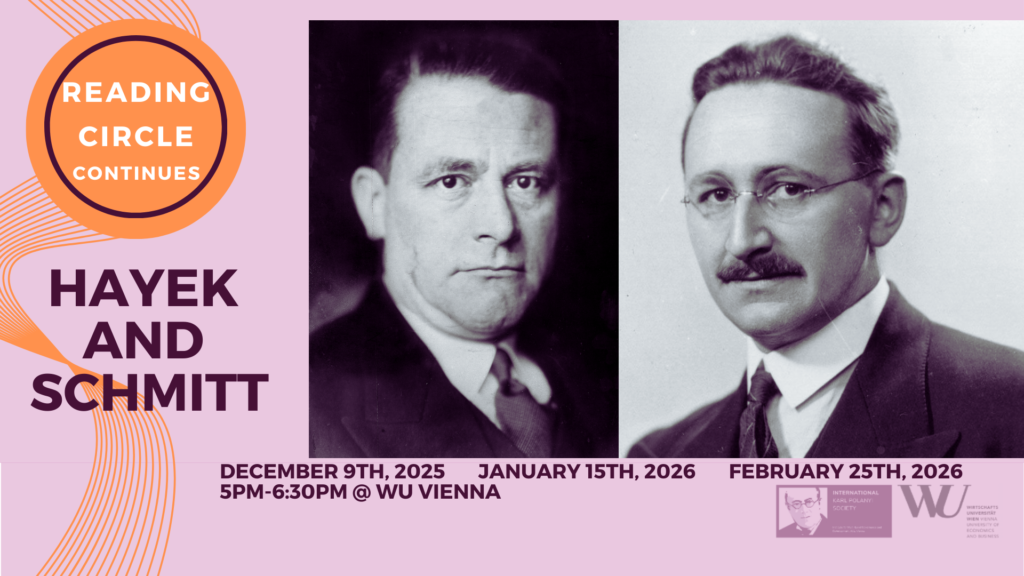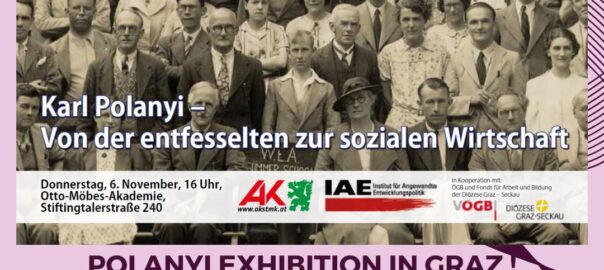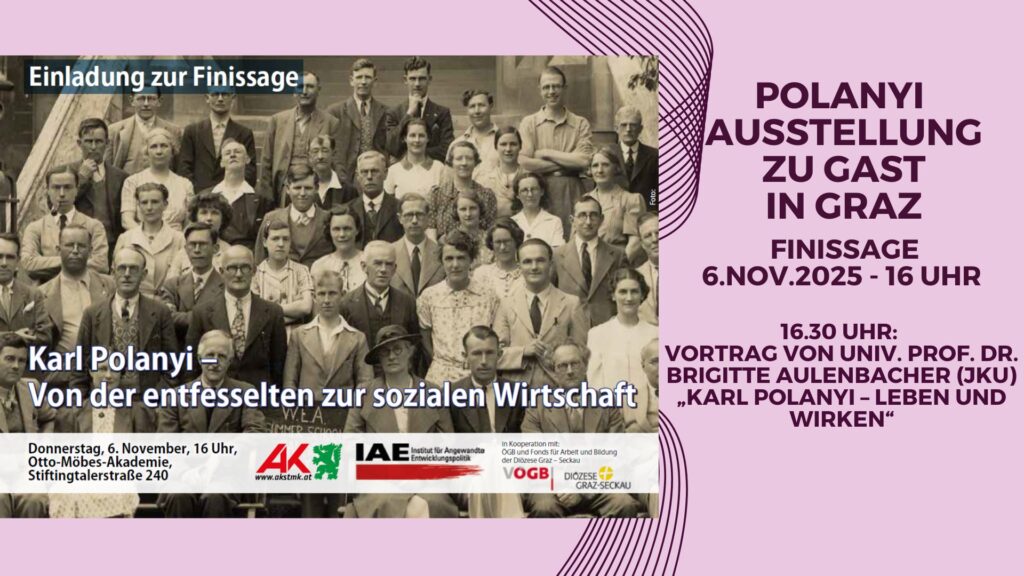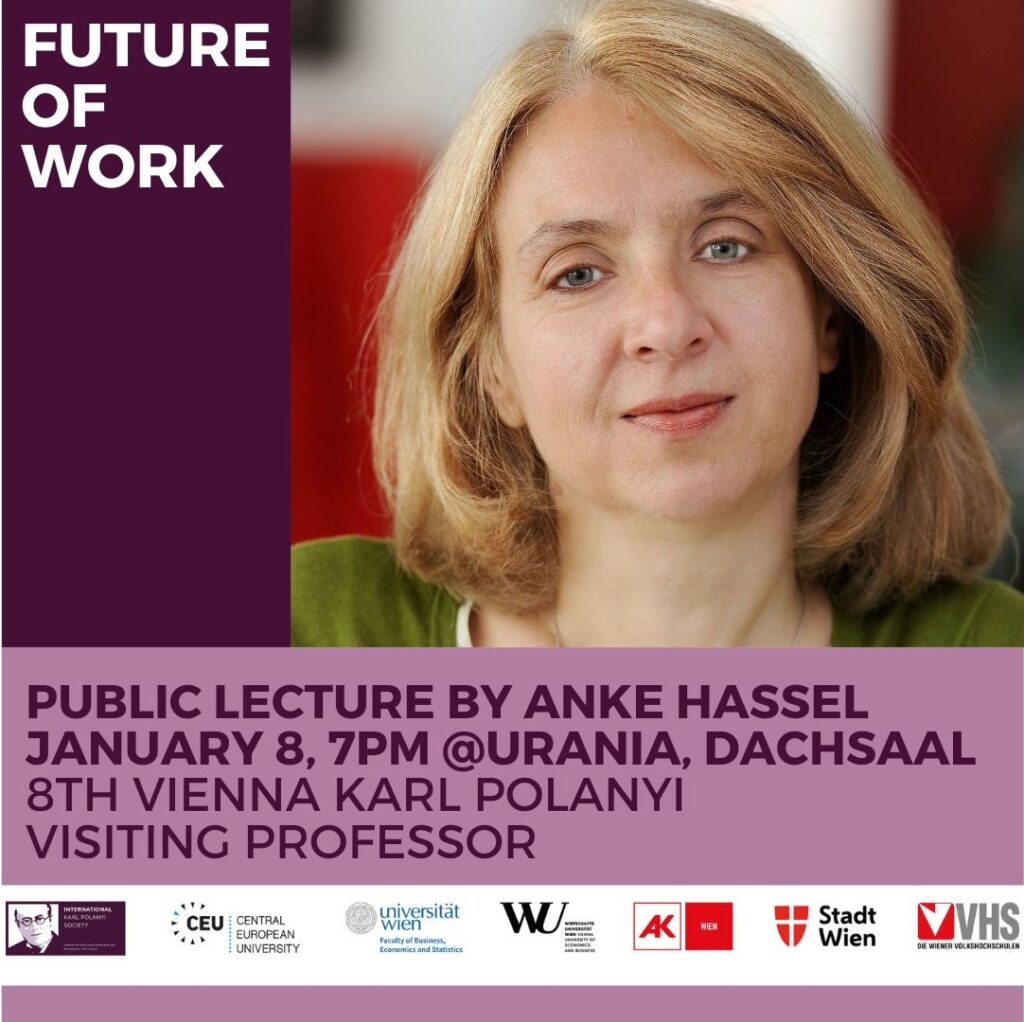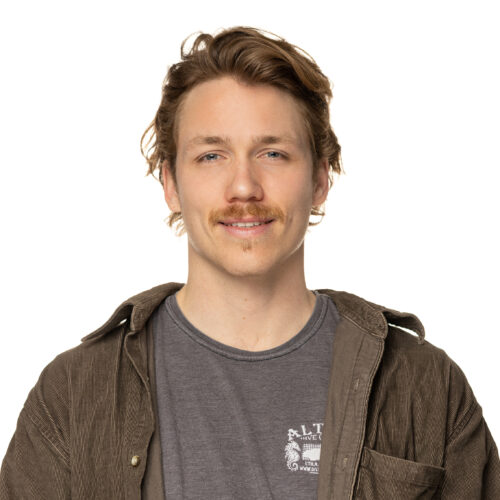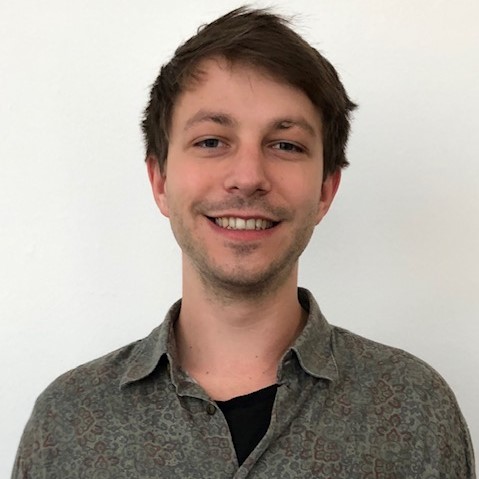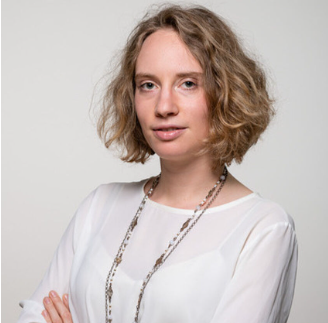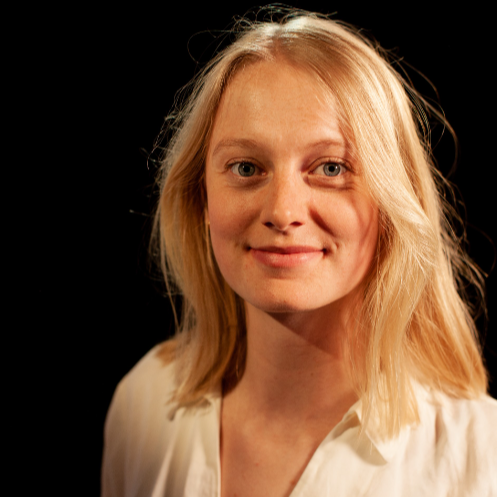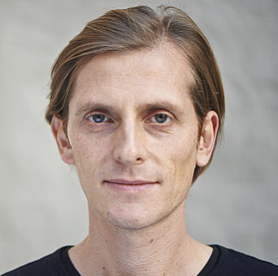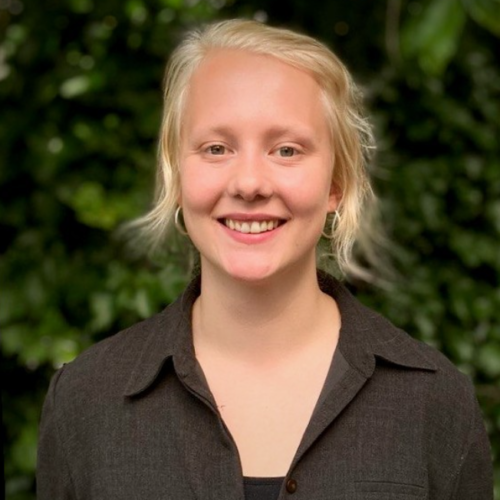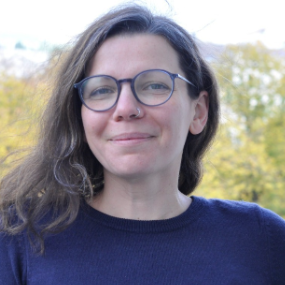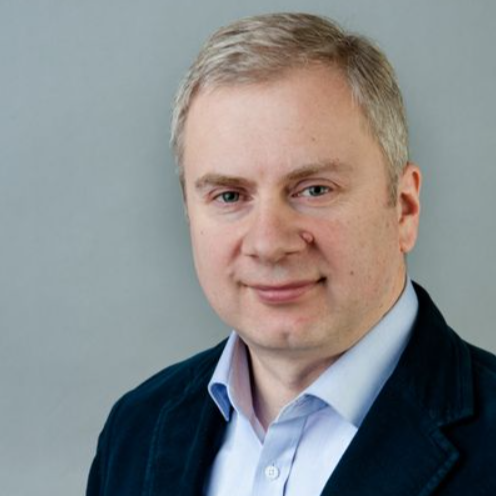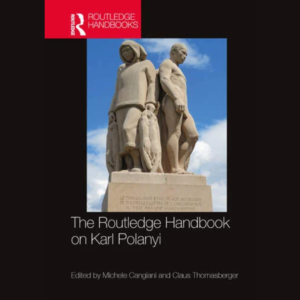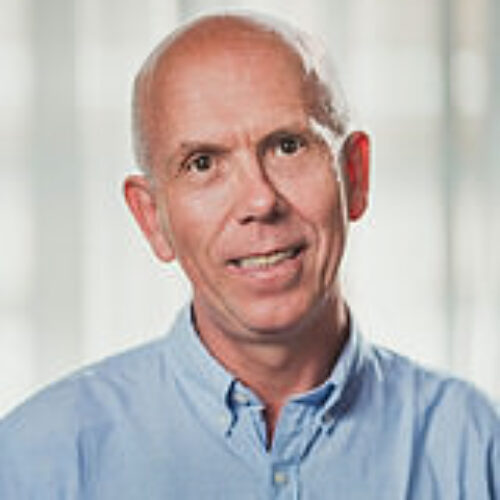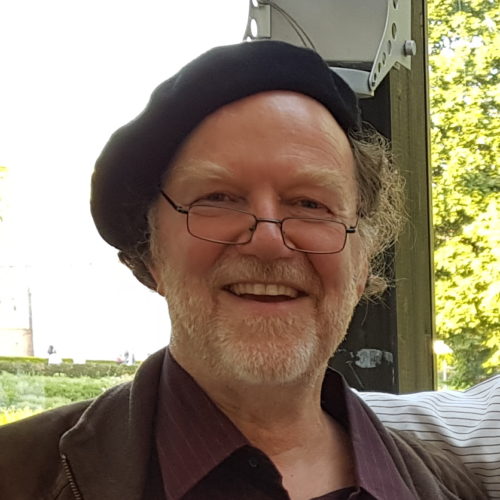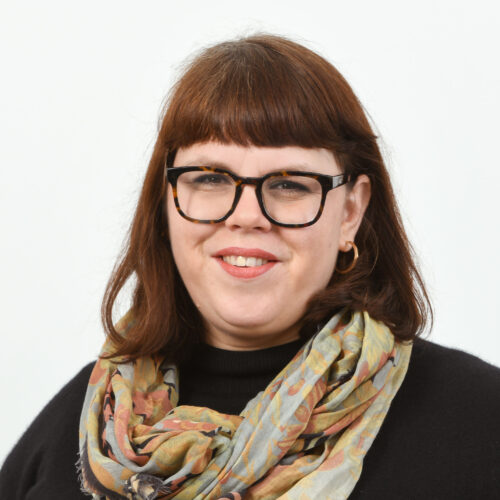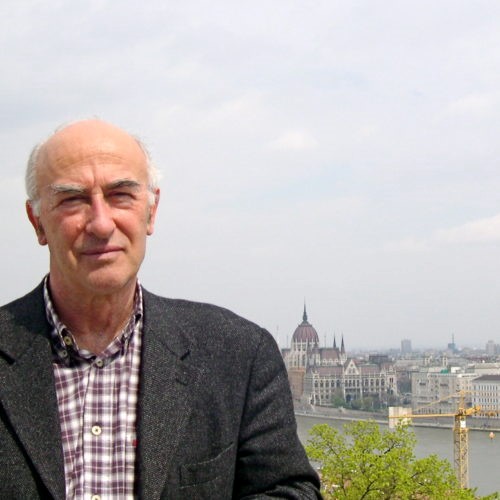REMEMBERING MICHAEL BURAWOY (1947-2025)
December 23rd, 2025
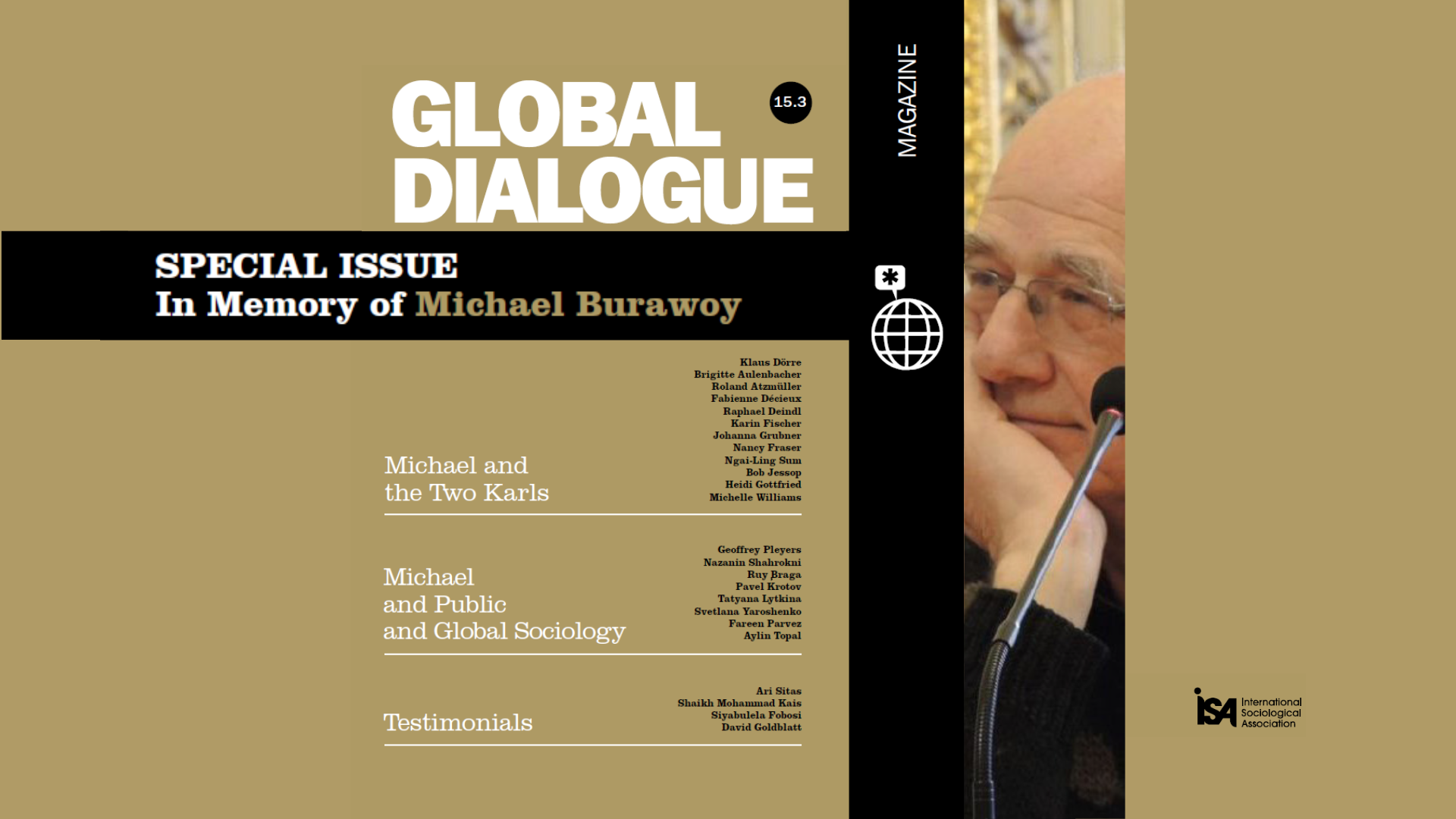
A VOLUME OF APPRECIATION
This year started with an incredible academic and personal loss by the shocking passing of Michael Burawoy.
He has not only inspired his students and colleagues with his sociological Marxism and his take on Karl Polanyi, he has also inspired the foundation of the IKPS and has enriched discourse within our community. We invite you to take a look at the most recent edition of Global Dialogue, which is a bouquet of stories, insights and appreciations by colleagues like Nancy Fraser, Klaus Dörre, Global Dialogue Editor Breno Bringel and many more.
Our Board Members Brigitte Aulenbacher, Fabienne Décieux and Roland Atzmüller, together with collegues have also taken the time to reflect on their experiences with Burawoy and his work in “Michael and the two Karls” and we warmly recommend this volume. Even more authors reflect on Burawoy’s legacy in the section “Michael and Public Global Sociology” and share their experiences in “Testimonials”.
Michael and the two Karls
by Brigitte Aulenbacher, Roland Atzmüller, Fabienne Décieux, Raphael Deindl, Karin
Fischer and Johanna Grubner, Johannes Kepler University Linz, Austria
For Michael Burawoy: An Appreciation
by Nancy Fraser, New School for Social Research, USA
Michael’s Public Sociology and the Attention Economy
by Ngai-Ling Sum and Bob Jessop, Lancaster University, UK
Michael Burawoy Unbound
by Heidi Gottfried, Wayne State University, USA
The Tree of Michael Burawoy’s Sociological Marxism
